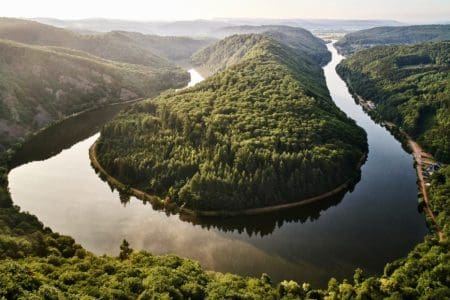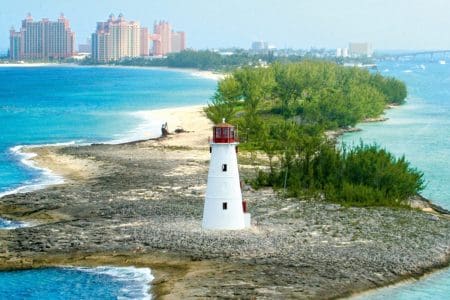Mark Bibby Jackson talks with Elkie and Nico Nicholas, co-founders of Trees4Travel, a start-up which might just help clean up the travel industry.
When Covid struck Elkie Nicholas, co-founder of Trees4Travel with her husband Nico, was already thinking about trees. Both worked in the travel sector and had decided to launch a product together – the question was what it should be.
“I asked myself why are people focusing so much on trees?” she explains to me in an interview via Zoom. Elkie investigated further and realised the answer was simple – planting more trees is the best way for us to capture carbon.
Elkie cites Professor Dr Thomas Ward Crowther, chief scientific advisor to the UN’s Trillion Tree Campaign, as saying that forest restoration is “overwhelmingly more powerful than all of the other climate change solutions”.
According to Crowther, there used to be six trillion trees on the planet, now there are only three trillion. Even allowing for industrial development we still have sufficient space to plant a further 1.2 trillion trees, he calculates.
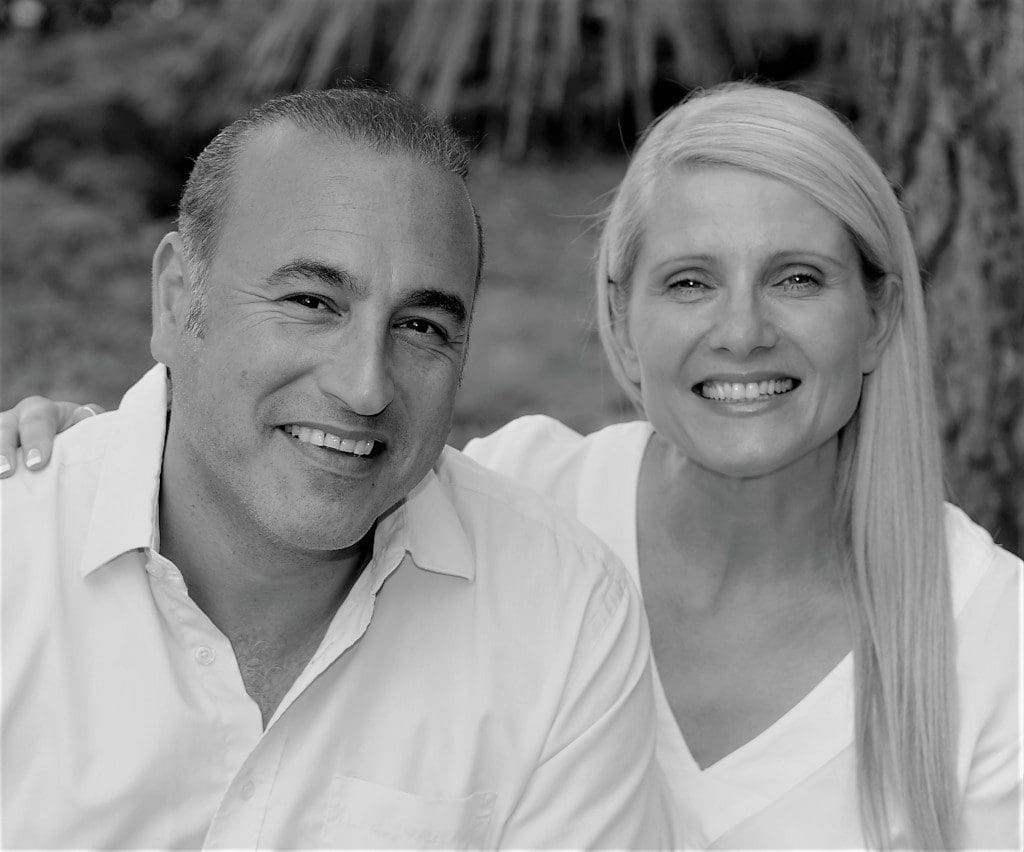
Planting Trees to Save the Planet
Which is where Trees4Travel comes in.
The concept is really simple. Trees4Travel offsets the carbon emissions generated by their customers’ travel through carefully selected reforestation projects.
Using data from the UK’s Department for Environment, Food and Rural Affairs (DEFRA), The Greenhouse Gas (GHG) Protocol and The Intergovernmental Panel on Climate Change (IPCC), Elkie and Nico have calculated the amount of carbon absorbed by a tree over a period of ten years, as it grows from sapling to mature tree, to be 164kg.
Therefore for each tree a Trees4Travel customer funds 164kg of carbon is offset over a decade. Any carbon absorbed after ten years is a bonus for the planet.
It is not just flights that Trees4Travel offsets. For instance a trip from London to Paris by train, plus three nights hotel accommodation, represents one tree, or a flight from London to Barcelona followed by a seven-night cruise is eight trees.
And the cost of each tree is $3. So, offsetting that mini-break to Paris will set you back $3 – less than a cup of coffee on the Champs Elysées.
Customers can check their carbon account on their own dashboard. They will receive a monthly progress report informing them how long it will take for their trees to absorb the CO2 emitted from their travel, as well as photos and videos of the areas where their trees are growing.
They can even top up their tree account whenever they want or redeem their loyalty points as trees.
“We need to make it easier for people to travel more responsibly,” Elkie explains.
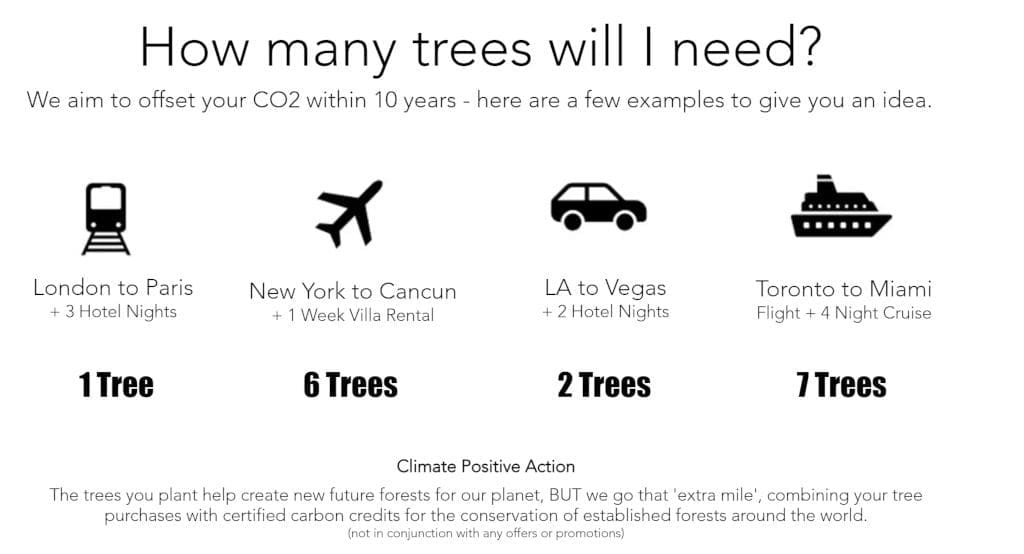
Poacher to Gamekeeper
Elkie admits that before the pandemic struck she used to have a large carbon footprint herself, especially when she worked in the fashion industry, travelling from Europe to Asia each month on business.
She also recognises the scepticism many people have towards carbon offset schemes fearing they might just be greenwash.
“We never ticked that box because we never trusted it,” she admits.
According to her, most people simply cannot relate to what xKgs of carbon means, which is why they have translated carbon into trees – “that tangible connection is vital,” she explains.
Covid Changing Perceptions
Covid has changed the attitude of many towards travel.
According to the 2021 Sustainable Travel Report produced by Booking.com, 83% of global travellers think sustainable travel is now vital, with 69% committed to reducing the carbon footprint of their trip or pay to offset this whenever possible.
“We need to focus on sustainability. We need to focus on the planet,” Elkie says. “We want to help the travel industry. When we come back we will come back better.”
In many ways Covid has re-focused people’s attention, as well as providing some with more time on their hands for thinking. This is something that Nico freely admits.
“If Covid hadn’t been around I don’t think most of the travel companies would have talked to us,” he says.
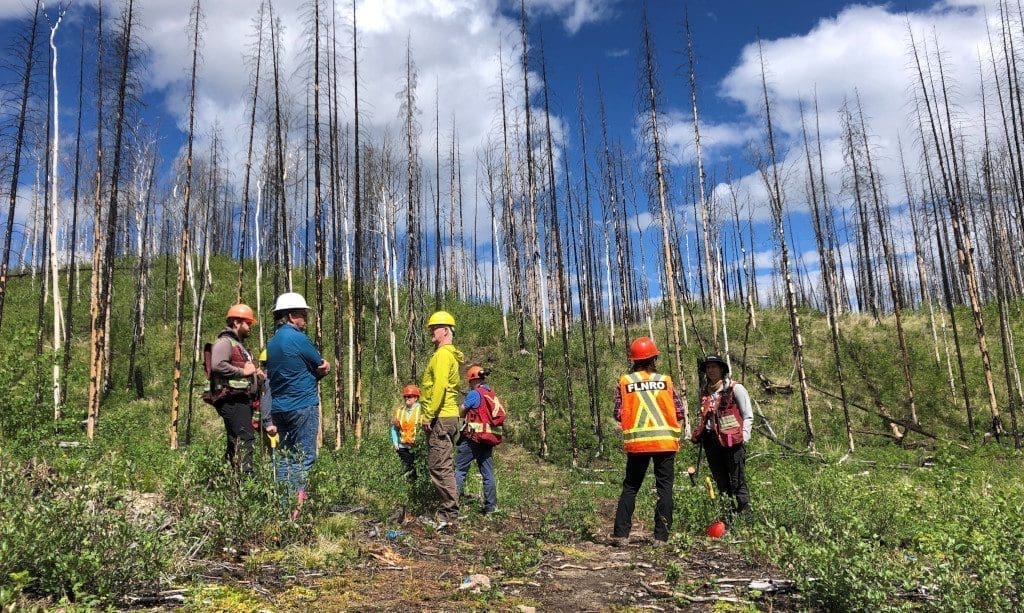
Not Just Any Tree Will Do
He also agrees that simply planting more trees willy-nilly is not the solution to the travel industry’s contribution to global warming.
Trees4Travel works closely with verified tree planting organisations from around the world to ensure that the trees planted are indigenous to a region, and maximise biodiversity and restore natural ecosystems. They also prioritise reforestation projects that have the highest environmental and social impact.
“We are very rigorous about the projects we support,” says Nico. “We do not invest in monoculture.”
In addition to creating future forests they are also purchasing official certified carbon credits, as well as looking into how they can invest in renewable energy.
A Collaborative Approach
Ultimately, both Nico and Elkie believe it is important that the whole travel sector works together in order to reduce its carbon impact.
Trees4Travel has been set up at zero cost to the travel businesses. At the end of a booking customers simply opt to purchase trees to offset their calculated carbon emissions.
Nico is also keen to establish collaborations within the sector such as the current memorandum of understanding with SUNx Malta.
They are also discussing future projects on a regional basis such as in the Caribbean and the Bahamas.
“The main focus of these is tree planting in developing countries to help rewild, but also to help poorer communities lift themselves out of poverty through agri-forests; forests planted for fruit and medicines harvesting, not timber. Our energy investments are all tourism islands focused,” says Nico, adding that these are pilot projects, a blueprint for further destinations in the future.
Nico says, “carbon rebalancing alone is not enough we must strive for a carbon positive future.” It is a significant step in the right direction however, if the travel industry is serious about its commitment to meet the Paris 1.5 goal. And as we all know out of small acorns great oaks grow.
Article first published in eXist, the climate-friendly travel bulleting and reproduced with kind permission of SunX Malta.
